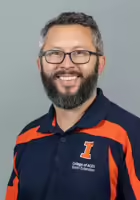About Seed Libraries
A Seed Library is a place where community members can get seeds for free. Sharing seeds and resources helps promote biodiversity, food security, and sustainable gardening practices in our community.
Joining our Seed Library project does not require a Library card or any commitment to return seeds from your personal harvest, but we would love to see pictures of your garden and hear gardening success stories!
Lake County Extension Seed Library: 100 S US Hwy 45 | Grayslake, IL 60030 | 847-223-8627
McHenry County Extension Seed Library: 1102 McConnell Rd. | Woodstock, IL 60098 | 815-338-3737
Library Organization
The library is organized by vegetables, herbs, natives, and flowers, both annual and perennial. The collection of seeds varies greatly and is constantly changing due to donations and borrows. Unfortunately, there is no current inventory list available, but you can always contact your local office before stopping by.
How to borrow and donate seeds
- Review the seeds that the library has available and make your selection. You can ask for help from a Master Gardener if they are in the office, or the Office Support Staff.
- Fill out the checkout form and write down what seeds you are taking. This helps us keep track of inventory so we can restock.
- Please let someone know if you can't find a particular seed or variety.
- We only accept seed donations in unopened packages. We are currently not taking donations of native seeds gathered in nature at this time.
You can also view the following video from the University of Illinois Extension for tips on saving seeds.
If you are interested in collecting native seeds, you can read more about collecting native seeds here.
Seed Libraries in Your Local Community
Our Master Gardeners partner with local Garden Clubs and other organizations to create Seed Libraries in local communities. We also offer Seed Expos and Exchanges on a yearly basis.
Lake County Seed Libraries
Round Lake Library
Lake Bluff Library
Libertyville Library
Waukegan Library
McHenry County Seed Libraries
Algonquin Library
Cary Library
Crystal Lake Library
Huntley Library
Johnsburg Library
Seed Exchanges and Expos
The Great Seed and Soil Event: Feb. 7, 2026 | McHenry County College | Crystal Lake, IL
Lake County Master Gardener Seed Expo: March 7, 2026 | College of Lake County | Grayslake, IL
Additional Resources
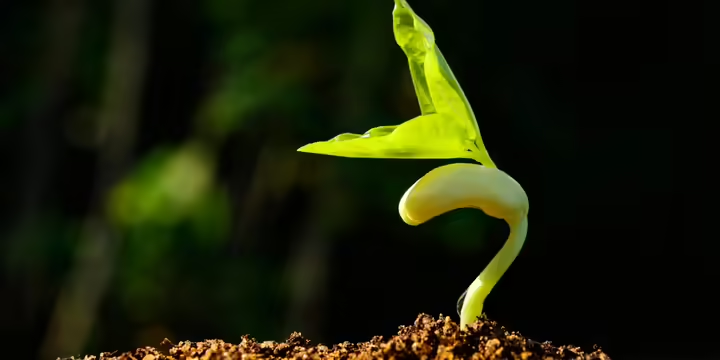
Are my seeds still good?
Have you ever found a packet of seeds lying around and wondered if you could grow them? Fortunately, there is an easy way to test your seeds to see if planting them will be worthwhile.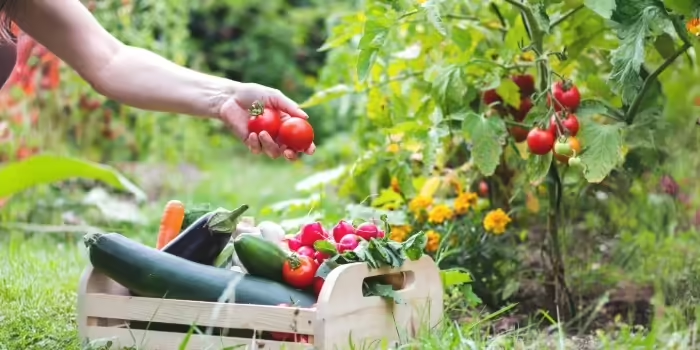
When to Plant in Northern Illinois
Knowing when to plant for your area of Illinois and starting your plants right will help maximize the growing season. Planting dates are determined by the first and last frost dates as well as how long it takes for a crop to mature. There is also a difference for cool- and warm-season crops.
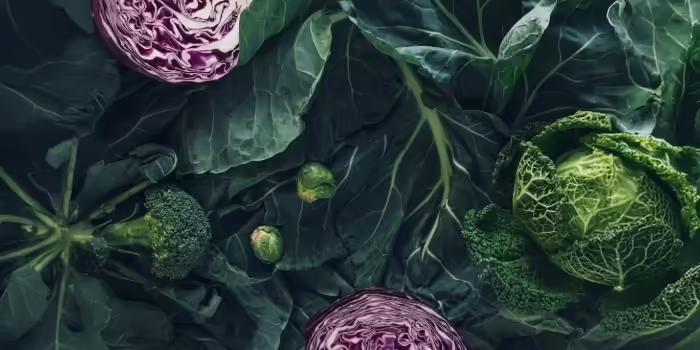
Growing cool season vegetables
For many, gardening takes place in the summer. However, for a growing number of gardeners, we are growing in the garden nearly all year long!
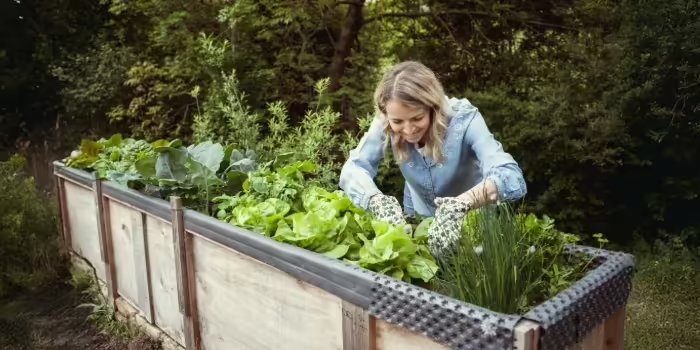
Vegetable gardening with raised beds
Whether for convenience or accessibility, raised beds are a popular option for growing fruits, vegetables, or ornamental plants. Raised bed structures elevate the soil, and with it comes a variety of advantages for growing plants.
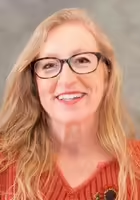
Brenda Dahlfors
